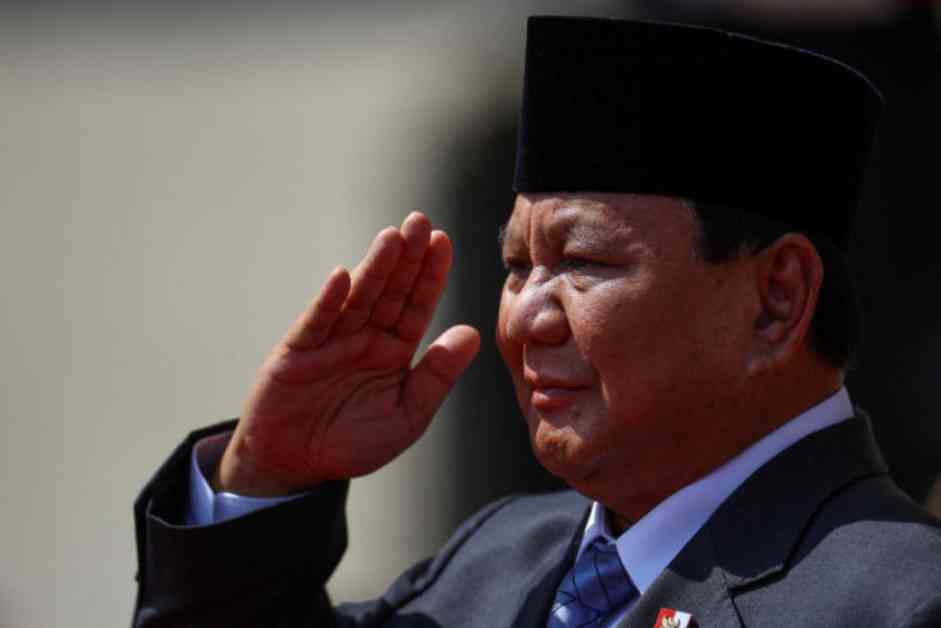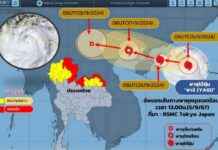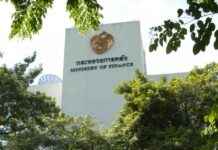President Prabowo Subianto of Indonesia has raised eyebrows with his proposal to eliminate one of the country’s two national elections in a bid to save costs and streamline the electoral process. This controversial move harks back to the authoritarian era of Indonesia’s history, raising concerns about the future of democracy in the world’s third-largest democracy.
Prabowo, known for his military background and ties to the Suharto regime, made the suggestion during a speech at the Golkar Party congress, advocating for a return to a system where regional legislatures would choose mayors and governors instead of holding separate elections. This proposal, if implemented, would significantly alter the current democratic framework in Indonesia and has sparked a heated debate among political analysts and activists.
Historical Parallels and Concerns
Prabowo’s proposal bears a striking resemblance to the centralized governance model of the “New Order” era under Suharto, Indonesia’s former dictator. Critics argue that consolidating power in the hands of legislators could undermine the principles of accountability and transparency that underpin Indonesia’s democratic system. The move has raised concerns about the potential erosion of democratic values and the concentration of power in the executive branch.
Backlash and Opposition
Political analysts and civil society groups have been quick to condemn Prabowo’s suggestion, labeling it as a regressive step that threatens Indonesia’s hard-won democratic gains. Yoes C. Kenawas, a prominent analyst, criticized the proposal, highlighting the importance of direct elections in ensuring local leaders’ accountability to the people. The opposition to this move underscores the deep-rooted skepticism surrounding Prabowo’s intentions and his commitment to democratic norms.
Future Implications and Uncertainty
As Indonesia grapples with the implications of Prabowo’s proposal, the future of the country’s electoral landscape remains uncertain. The potential abolition of regional elections would require significant legislative changes and could face stiff resistance from various stakeholders. The debate over the merits of centralized versus decentralized governance continues to unfold, reflecting broader tensions within Indonesian society regarding the balance between democracy and efficiency.
In conclusion, President Prabowo’s proposal to eliminate regional elections has ignited a fierce debate over the future of democracy in Indonesia. The echoes of authoritarianism in his suggestion have raised red flags among critics, who warn of a potential erosion of democratic principles. As the country navigates this contentious issue, the importance of upholding democratic values and safeguarding the rights of its citizens has never been more critical.




















